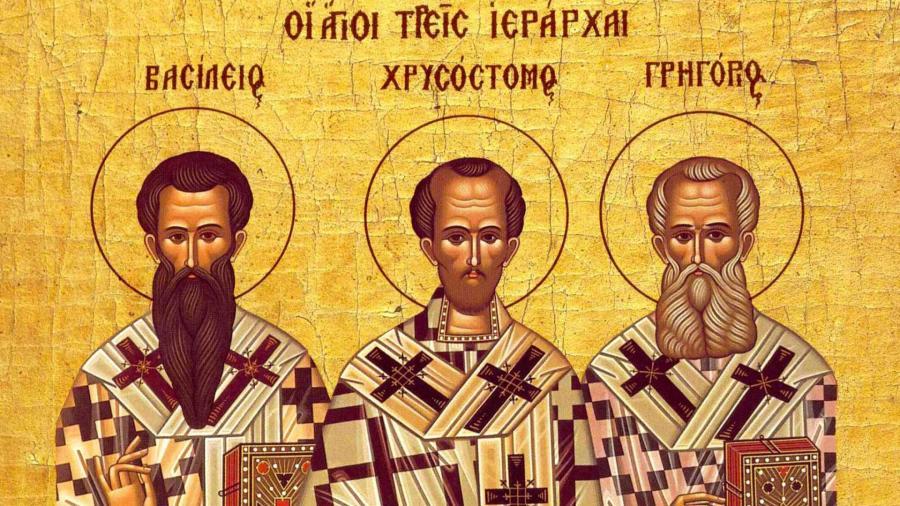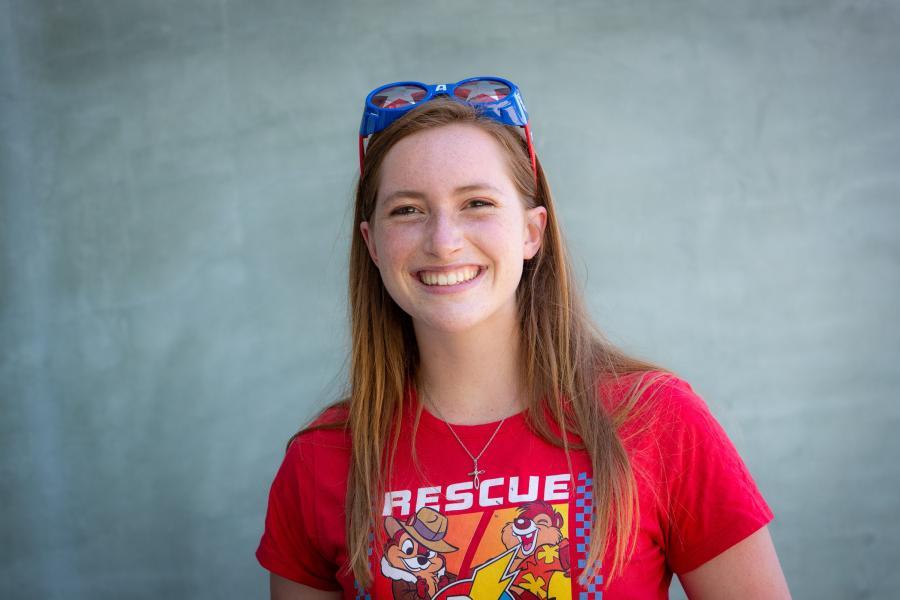Exploring Creation Care, Cappadocian Fathers

Westmont senior Katie Knapp presents a paper about the thoughts and practices of the Cappadocian Fathers at the Great Lakes Theology Conference on Nov. 2-3 in Holland, Michigan. The religious studies and environmental studies double major from Soquel has been working on the major honors project about patristic creation care ethics with professors Helen Rhee, Marianne Robins and Cynthia Toms.
“Basil the Great, Gregory of Nyssa and Gregory of Nazianzus insisted that the Christian life ought to have ramifications in every aspect of our existence, including how we as humans engage with each other and the rest of creation,” she says. “Times of crisis brought such considerations to the forefront and brought Cappadocian bishops to promote their understanding of a just, Christian ethic of engagement with the whole of creation.”
Since spiritual and material matters were inextricably linked for the Cappadocian Fathers, they held a holistic and inclusive ethic of creation care. They agreed that creation is the common sustenance of all creatures and the common inheritance of all humanity and should be handled accordingly.
“This leads these bishops to confront unjust land use and food distribution in their context, and to urge their congregations towards a theologically informed, just alternative which sought to meet the material needs of humanity while also respecting the land as the shared sustenance of all creatures,” says Knapp, who has served as a spiritual formation coordinator and sustainability intern at Westmont.
